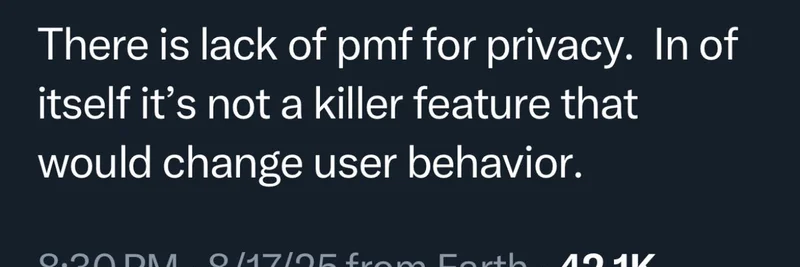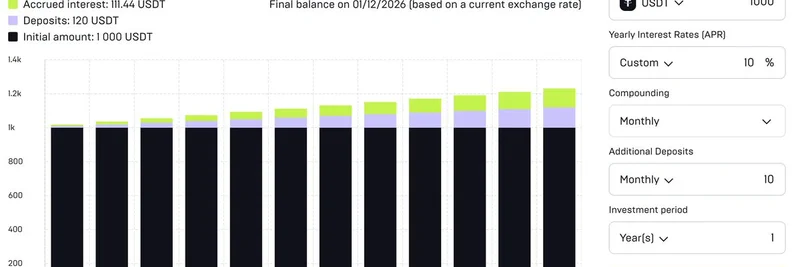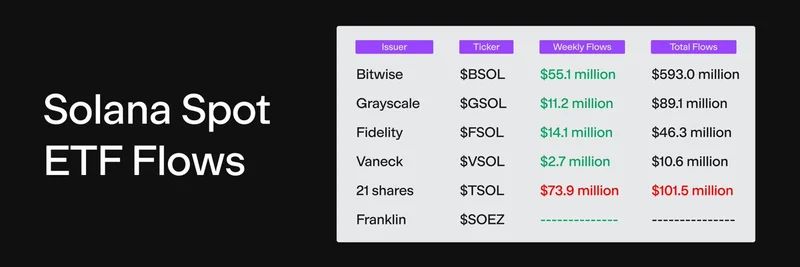In the fast-paced world of crypto, where meme tokens can turn a silly idea into billions overnight, it's easy to dismiss concepts that don't scream "instant hit." But as crypto influencer @basedkarbon points out in a recent thread on X (formerly Twitter), history shows us that the biggest game-changers often start as underdogs with what seems like low product-market fit—or PMF, for short. PMF basically means how well a product satisfies a strong market demand. Think of it as the spark that turns a niche idea into a must-have.
The thread kicks off by quoting Solana co-founder Anatoly Yakovenko (@aeyakovenko), who tweeted that privacy lacks real PMF in crypto—it's not that "killer feature" that shifts user habits on its own. Here's the screenshot that sparked the discussion:
BasedKarbon pushes back, arguing that things dismissed as low PMF often end up reshaping entire industries. He lists classics like personal computers, the internet, Amazon's e-commerce model, and streaming services. Back in the day, skeptics said, "Who needs a computer at home?" or "Why shop online when stores exist?" Sound familiar? It's the same vibe with crypto privacy today—many argue we already have public blockchains, so why complicate things with private transactions?
But here's where it gets juicy for meme token enthusiasts. Meme tokens themselves are the ultimate low-PMF success stories in blockchain. Dogecoin started as a joke in 2013, with zero "real" utility, yet it ballooned to a multi-billion-dollar market cap thanks to community hype and viral appeal. Shiba Inu, Pepe, and even newer ones like Popcat followed suit, proving that what seems niche or frivolous can capture massive markets when the timing hits right. BasedKarbon's point? Privacy might be next. As data breaches and surveillance concerns grow, especially in a world where governments eye crypto transactions, private chains or tools could become essential—not just nice-to-have.
He doubles down in the follow-up: "It seems silly in hindsight that those things were declared low PMF, but most arguments hinge on 'people don't want to change' or 'we already have X, why need Y?'" Exactly. In meme token land, we've heard "Why buy a dog coin when Bitcoin exists?" a million times. Yet here we are, with Solana-based memes like Bonk or Book of Meme pumping during bull runs because they tap into fun, community-driven narratives that traditional finance ignores.
One reply in the thread humorously nods to the IQ barrier: "You need to have IQ to even want privacy," paired with a George Carlin meme about average intelligence. Ouch, but fair—many users don't prioritize privacy until it's too late, like when a wallet gets doxxed or taxes come knocking.
For blockchain practitioners diving into meme tokens, this thread is a reminder to look beyond the obvious. Privacy tech, like zero-knowledge proofs (ZKPs—fancy math that verifies transactions without revealing details) or privacy-focused chains such as Monero, might integrate with meme ecosystems. Imagine anonymous meme token launches or trades that dodge front-running bots. Projects like Tornado Cash showed early promise, despite regulatory hurdles, and newer ones on Solana could revive the hype.
BasedKarbon, a vocal figure in crypto Twitter known for spotting meme trends (he's tweeted about Popcat hitting $1B and the pitfalls of unfair launches), isn't just theorizing. His bio—"karbonpilled"—hints at a deep dive into crypto's underbelly, and his posts often blend meme culture with serious insights. If history repeats, privacy could spark the next wave of meme token innovation, turning "low PMF" into the new black.
Want to join the conversation? Check out the full thread here. And if you're building or trading memes, keep an eye on privacy tools—they might just be the underrated gem that changes everything. What's your take: Is privacy the sleeping giant in crypto, or still too niche?



